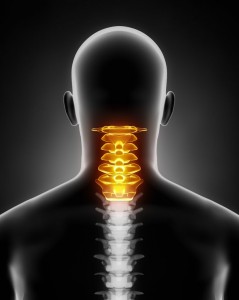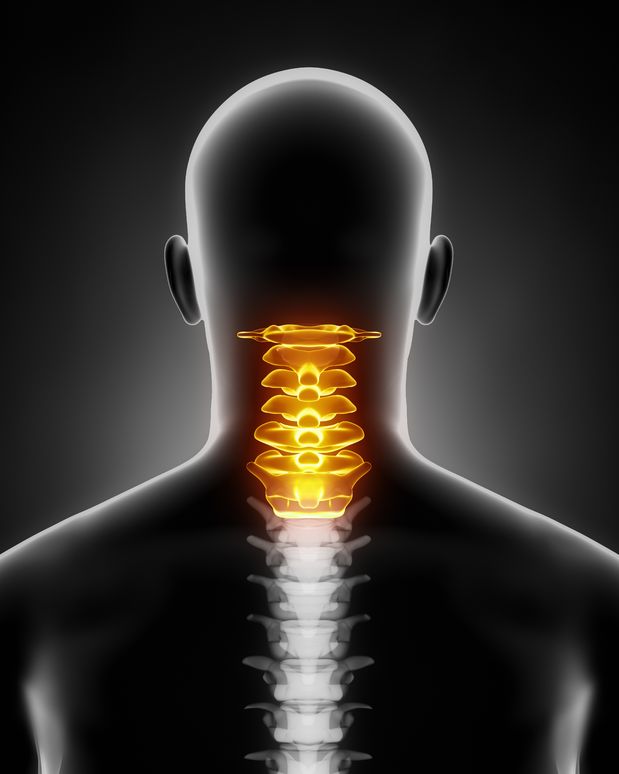Spinal cord injuries (SCI) are severe and life-changing. More than a million people in the US have suffered a SCI, with at least 100,000 of them being veterans. Despite the high number of people affected, researchers are still in the process of finding out how (SCI) affect patients beyond physical paralysis.
Researchers have known for some time that SCI patients face a high risk of disordered breathing conditions during sleep, such central sleep apnea. Nevertheless, it has been unknown whether the level of injury is directly tied to sleep-disordered breathing. Central sleep apnea is a result of faulty brain signals failing to send the message to breath as a person sleeps. It can cause pauses in breathing up to a 100 times during rest.
The study conducted by John D. Dingell VA Medical Center-Wayne State University researchers, included 16 patients with SCI.
8 patients had thoracic SCIs, damage at the chest level which paralyzed their legs, and 8 patients with cervical SCI, damage at the neck level which paralyzed their torsos and all 4 limbs.
The volunteers underwent various tests at a sleep research laboratory. Those who did not have central sleep apnea underwent an additional test that periodically induced central sleep apnea, and calculated the level of carbon dioxide at which breathing stopped. For the volunteers who were discovered to already have central sleep apnea, the researchers introduced a test to calculate how much a gas mixed with carbon dioxide would need to be given to each patient to put an end to their central sleep apnea.
The results concluded that 63% of patients with cervical SCI had central sleep apnea, compared to only 13% of thoracic SCI patients. The cervical SCI patients were more likely to have central sleep apnea and it took less drops of carbon dioxide to trigger the condition.
The findings will help doctors manage the conditions of SCI patients more effectively. We look forward to the day when all patients and veterans will be able to sleep better and live as healthy as possible.



No comments yet.